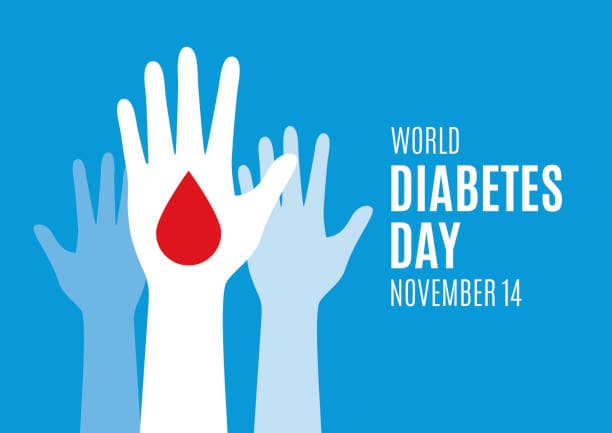14th November 2025
Imagine all the decisions required to manage a high-stress job. You do everything that is recommended, you stick with strategies that worked for you before, and yet you end up with completely unexpected or unsatisfactory results. A wrong decision could cost you a trip to hospital. Sounds overwhelming? Managing diabetes is demanding and complex. It’s been described as a full-time job you didn’t sign up for. The hours are 24/7, there is no pay, no days off, and the results of your hard work are unpredictable.
No one asks to get (any type of) diabetes.
Stanford University researchers reported people living with type 1 diabetes had to make an extra 180 decisions every day compared to people without diabetes. That’s one decision every 5 waking minutes! Renza Scibilia, diabetes advocate and author of the Diabetogenic blog about real life with type 1 diabetes, says ‘two jobs, one life’, describing the juggle of living with diabetes alongside a busy life and day job.
It’s no surprise that the constant extra effort required every day can affect mental health and wellbeing. This Friday 14th November is World Diabetes Day. The theme is ‘Diabetes and the workplace’ and the call is for all people to ‘know more and do more for diabetes at work’.
Diabetes is a silent, invisible condition. You can’t tell someone has diabetes just by looking at them. It’s likely that you may be unaware that someone you know is busy managing the demands of diabetes along with their other day to day responsibilities. They may seem healthy, well and on top of everything, but are silently feeling overwhelmed, exhausted and unsupported.
People with diabetes can struggle to balance their health with work expectations. Misinformation and stigma can cause stress and affect career opportunities in the workplace. People with diabetes report attending to their medical needs, including taking insulin injections, in the bathroom due to a lack of private spaces or concerns about the judgement of others.
I encourage you to ask how diabetes friendly is your workplace? Could you be curious and open to learning more about diabetes and how it affects a person’s day to day life? If you work with someone with diabetes, could you ask what makes it easier or harder to manage their health needs at work? Pause, and consider the burden of those 180 extra decisions and actions every day. If you are an employer, how does your workplace support people living with diabetes?
‘Change will not come if we wait for some other person or some other time. We are the ones we’ve been waiting for. We are the change that we seek’ Barack Obama.
Nicole McClure
Credentialed Diabetes Educator


